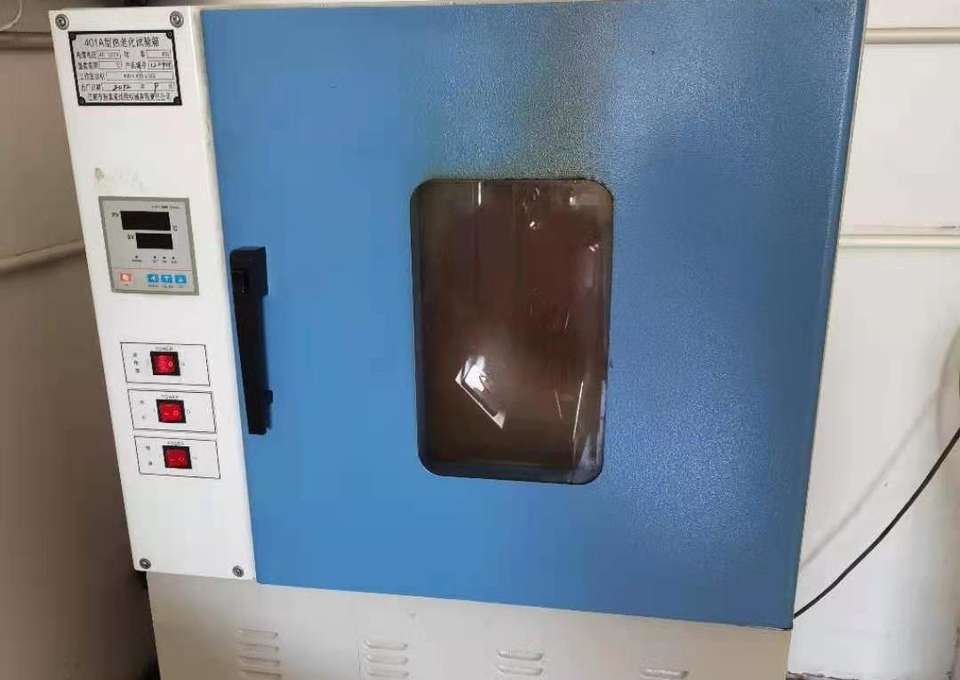rubber trim strip
Understanding Rubber Trim Strips Their Applications and Benefits
Rubber trim strips are versatile components widely used in various industries to enhance functionality, durability, and aesthetics of products. These strips are typically made from rubber or thermoplastic materials, providing flexibility, resilience, and ease of installation. While they may seem like a mundane product, their applications are vast, ranging from automotive to construction, and even household uses.
What Are Rubber Trim Strips?
Rubber trim strips are small lengths of rubber material designed to fit along edges or seams. They can be found in various shapes and sizes and are often adhesive-backed for easy application. Common uses include protecting exposed edges, creating a seal against water and dust, and providing cushioning and sound dampening in different installations.
Applications in the Automotive Industry
In the automotive sector, rubber trim strips are essential for several reasons. They are often used around doors, windows, and hoods to provide a weatherproof seal, preventing water leakage and reducing wind noise during travel. Additionally, they protect the vehicle’s body from scratches and wear caused by everyday use, thus prolonging the life of the car. As consumers increasingly demand vehicles that are both stylish and functional, manufacturers have started incorporating rubber trim strips as a standard feature to enhance the overall design.
Building and Construction Uses
rubber trim strip

Rubber trim strips play a significant role in the construction industry as well. They are commonly used for sealing joints between different materials, like walls and floors, to keep out drafts, moisture, and pests. By providing a reliable seal, rubber trim strips contribute to energy efficiency, helping to maintain comfortable indoor temperatures and reduce energy bills. Furthermore, their cushioning properties can help mitigate the impact of vibrations or movements, thus improving the overall integrity of the installation.
Household Applications
In homes, rubber trim strips can be found in a variety of settings. They are often used in kitchen cabinets to prevent moisture ingress, which can lead to rot and decay. Additionally, they serve as protective barriers in garage doors and interior doors, ensuring that wear and tear do not compromise the appearance and functionality of these entry points. Their versatility allows homeowners to utilize rubber trim strips in creative ways, such as lining shelves for a non-slip surface or edging around furniture for an enhanced finish.
The Benefits of Rubber Trim Strips
The benefits of using rubber trim strips are manifold. Firstly, they offer excellent protection against environmental elements, extending the lifespan of the products they are used with. Secondly, they provide a clean and finished look, enhancing the visual appeal of any installation. Moreover, rubber trim strips are generally easy to install; many are designed with self-adhesive backing and can be cut to desired lengths, making them accessible for DIY enthusiasts and professionals alike.
In conclusion, rubber trim strips may seem like a small accessory, but they are integral to numerous applications across various fields. From protecting vehicles and sealing construction joints to enhancing household fixtures, the versatility and protective characteristics of rubber trim strips cannot be overstated. As industries continue to evolve, the utilization of these strips will likely expand, further emphasizing their significance in modern manufacturing and design. Understanding the importance of these components can lead to better decisions in product design, maintenance, and overall efficiency.
-
Under Door Draught Stopper: Essential ProtectionNewsJul.31,2025
-
Garage Door Seal and Weatherstrips for ProtectionNewsJul.31,2025
-
Edge Banding Tape for Perfect EdgesNewsJul.31,2025
-
Table Corner Guards and Wall Corner ProtectorsNewsJul.31,2025
-
Stair Nose Edging Trim and Tile Stair SolutionsNewsJul.31,2025
-
Truck Bed Rubber Mats for Pickup BedsNewsJul.31,2025
-
Window Weather Stripping for Noise ReductionNewsJul.29,2025